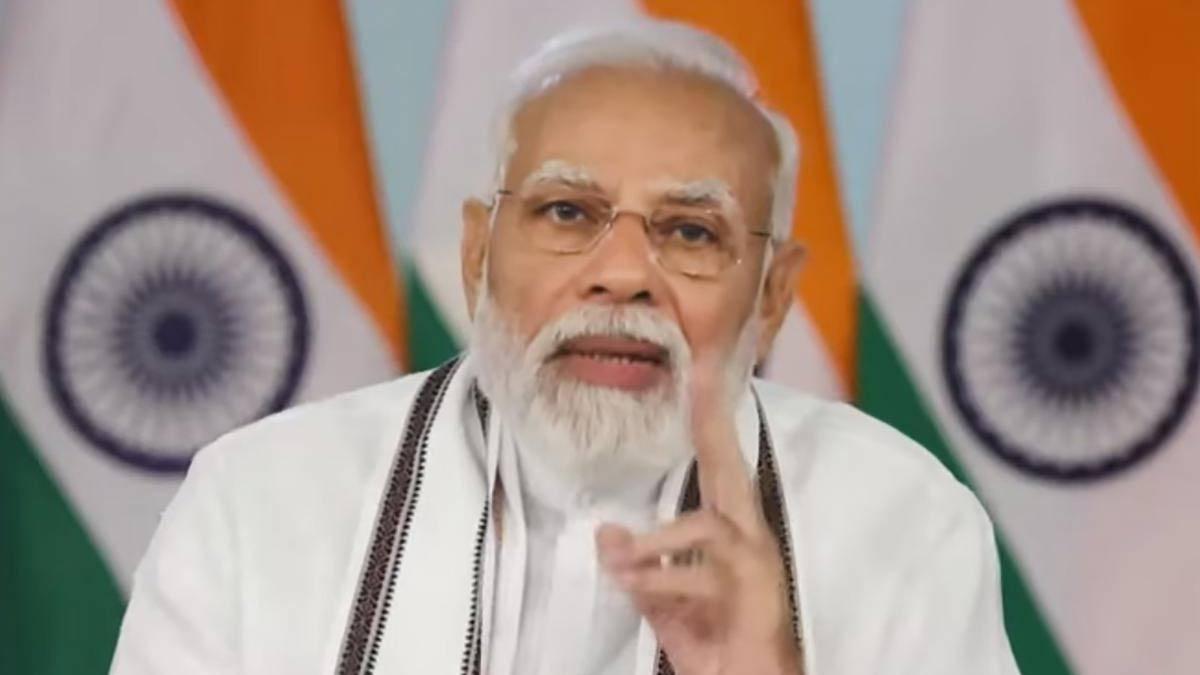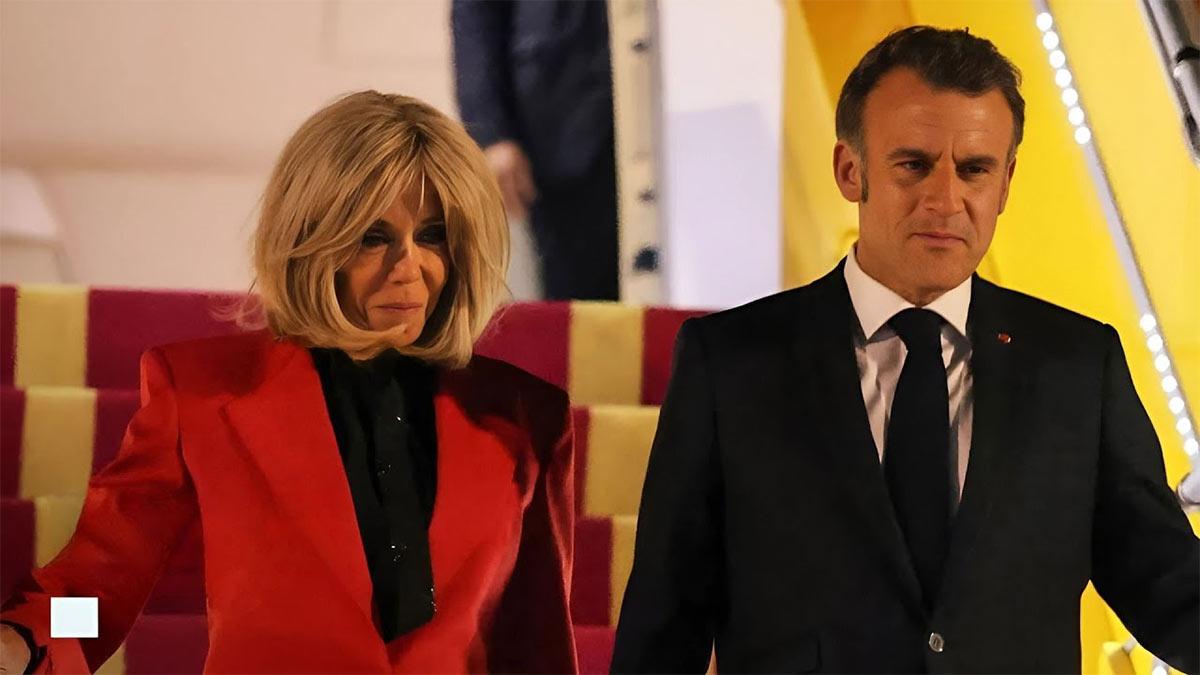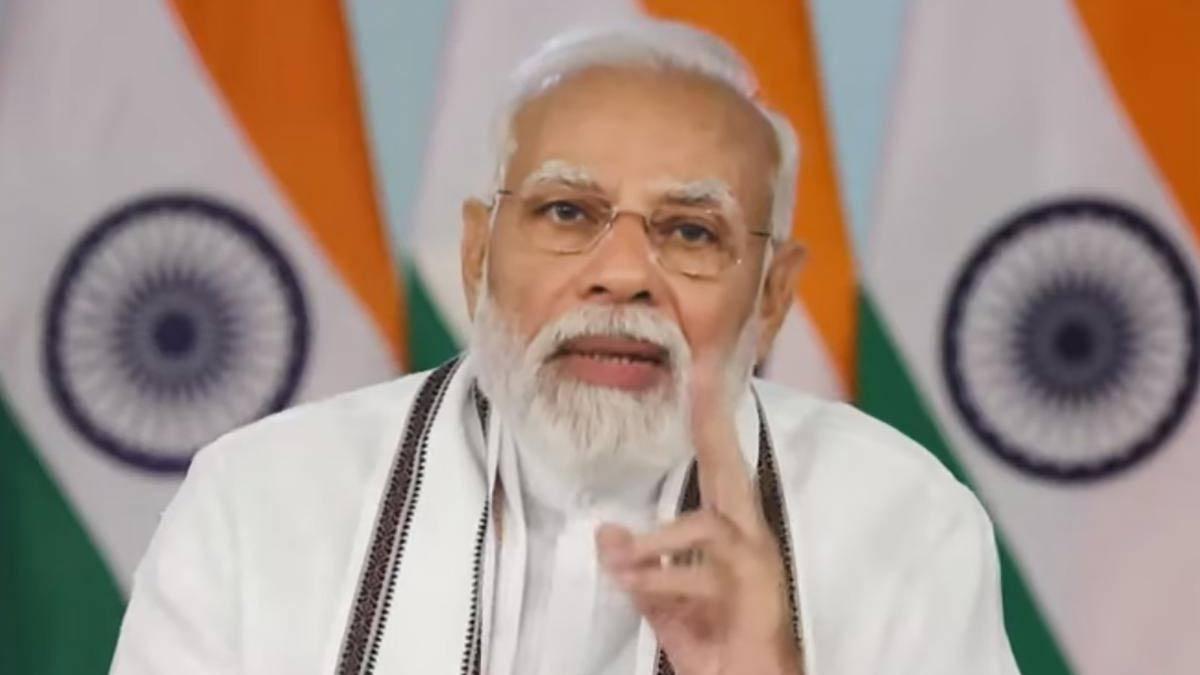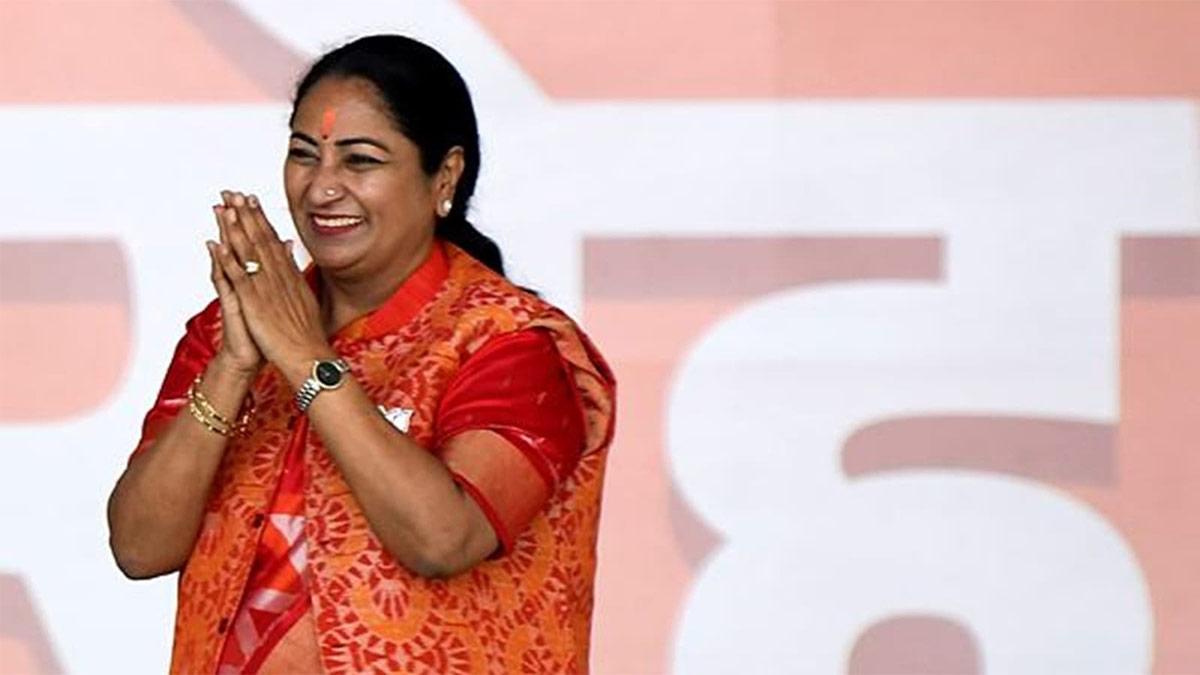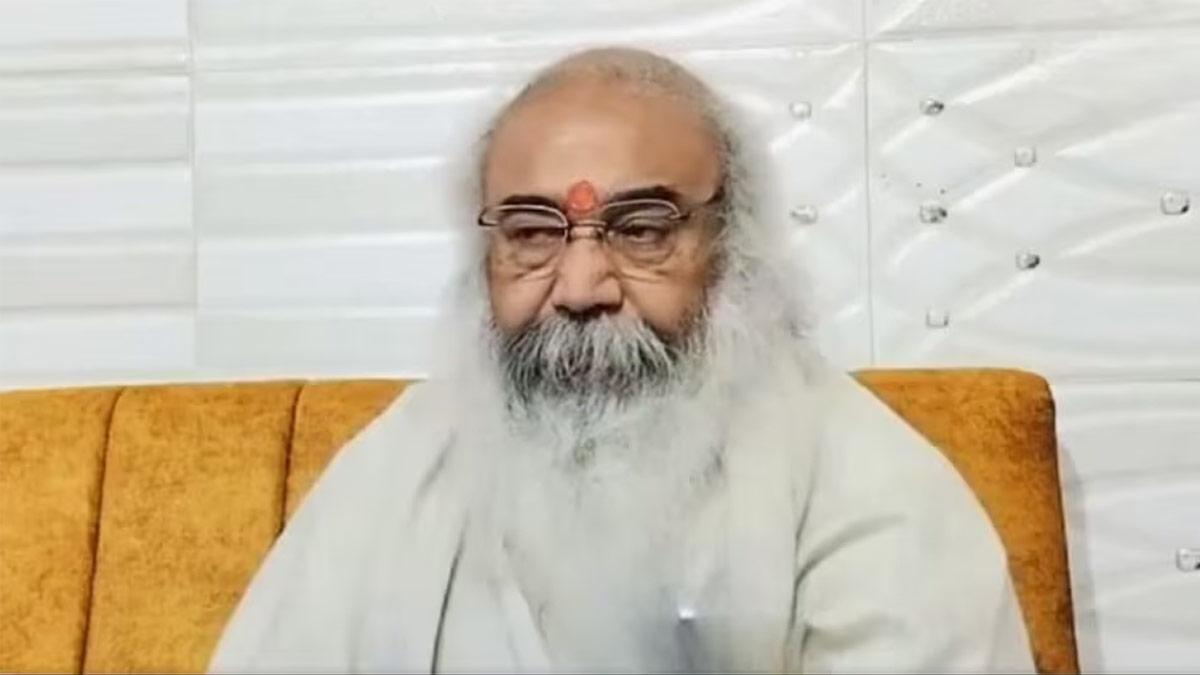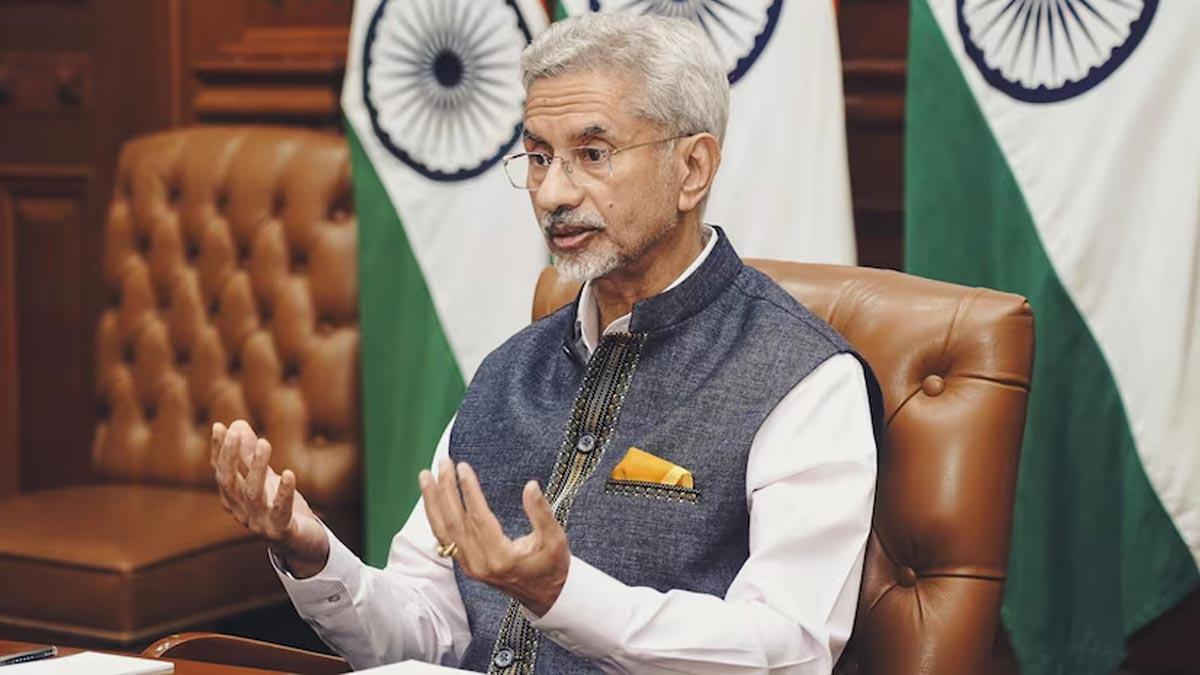After the successful conduct of the anti-terror operation 'Operation Sindoor' and officially announcing a ceasefire with Pakistan, Prime Minister Narendra Modi held a top-level strategy session on Saturday with Defence Minister Rajnath Singh to appreciate the armed forces for their determined efforts.
The 50-minute meeting — the second for the day — involved important people like National Security Advisor Ajit Doval, Chief of Defence Staff General Anil Chauhan, and the Army, Navy, and Air Force chiefs. Everyone present was on the same page on the necessity of keeping a heightened state of alertness in the future.
Among the most significant points to be taken from the debate was keeping the suspension of the Indus Waters Treaty active. Furthermore, India will still withhold visas for Pakistani citizens and will not resume the Kartarpur Sahib pilgrimage yet.
Earlier in the day, the Intelligence Bureau and Research and Analysis Wing chiefs had briefed the leadership on certain results of Operation Sindoor, including the killing of a number of high-profile terrorists — including those responsible for the 1999 IC-814 hijacking to Kandahar.
Prime Minister Modi also assessed the overall effect of the operation, which, according to reports, destroyed nine terror infrastructure centers in Pakistan, caused serious damage to over a dozen Pakistani airbases, and heavily damaged the morale of the enemy. The ceasefire was attained on India's complete terms.
Festivities broke out all over India, especially along the border areas of Jammu and Kashmir and Rajasthan, as citizens poured into the streets singing "Bharat Mata ki Jai" in euphoric demonstrations of patriotism.
With the end of the fighting after four days of cross-border military operations, India is considering this a big strategic and tactical victory. Officials pointed out that India now has the upper hand in negotiations regarding the Indus Waters Treaty.
A defence analyst pointed out that this incident has once again cemented India's place in the global arena, enhancing its status as a powerful military nation with the capability to take on a nuclear-armed adversary. It enhances India's credentials for a permanent seat in the United Nations Security Council.
The success of Operation Sindoor now depends on delivering a stark message: that should any terrorist incident take place again, it would be considered to be as offensive an act of war as committing terrorism and trigger a full military retaliation.
India, by this action, has given a clear international message — that the nation will act firmly to protect its citizens, without delay or outside sanction. The campaign proved that authors of terror and their patrons will have no sanctuary — "terror will be punished — anytime, anywhere", and India will seek justice wherever it is needed.
Read also| RSS Praises PM Modi's Strong Stance Against Pak-Supported Terrorists

